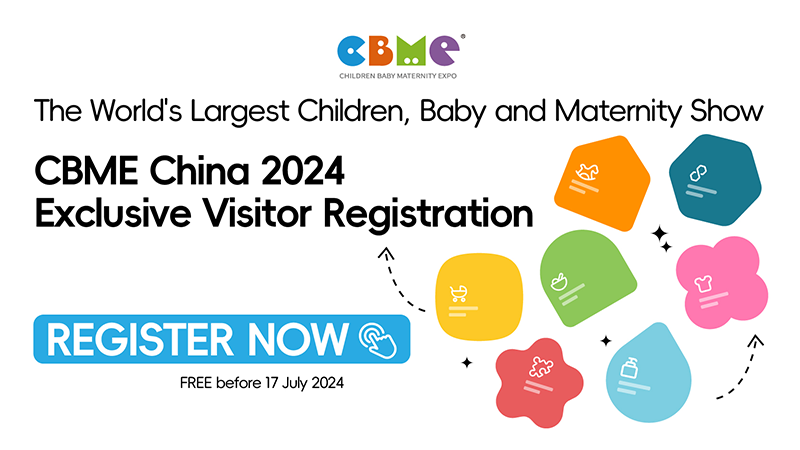It remains uncertain how
much Beijing's policy shift can boost China's birthrate, but Mami Zhidao
founder Liang Liang and other entrepreneurs say they have high hopes
for the business of catering to mothers and children. Last week on Singles' Day—China's
equivalent of the Black Friday and Cyber Monday shopping events in the
U. S.—the baby-goods category was among the top performers on Alibaba Group Holding Ltd.'s online marketplaces.
Venture capitalists say startups
focusing on baby goods and services have potential to grow even as
China’s economy slows, because of strong demand for safe, high-quality
baby supplies. While other Internet ventures are finding it harder to
raise capital, baby-products startups are getting backing from prominent
investors, such as Sequoia Capital China. Baby-goods shopping sites
Beibei and Mia.com reached $1 billion in valuation in their latest
fundraising rounds, as did Lamabang, a social network for young moms.
"The
market is growing. Younger generations are getting richer and they want
better services," says Mr. Liang, who founded Mami Zhidao last year. It
has since attracted two million users and backing from a
venture-capital arm of Japanese telecommunications company SoftBank Group Corp.
Research firm Analysys forecasts China's market for businesses that
serve mothers and babies—online and offline—will increase 15% to $244
billion this year and more than double by 2020.
Analysts forecast growth for the baby-related market even if Beijing's policy shift doesn't boost the birthrate significantly,
because middle-class parents are willing to spend more on better
products and services—especially through online channels, where such
products are easier to come by than in China's brick-and-mortar stores.
The market has caught the attention of the country's biggest online-shopping companies, Alibaba and JD.com Inc., which are offering more imported baby goods on their sites. Demand
is fueled by concerns over the safety of domestic products, lingering
from a tainted-baby-formula scandal that shook China in 2008.
Infant formula and baby food are among the most popular items for
Chinese shoppers buying goods from overseas. According to a survey by
iResearch, 75% of such online shoppers said they have bought baby
formula at least once.
Source: The Wall Street Journal






